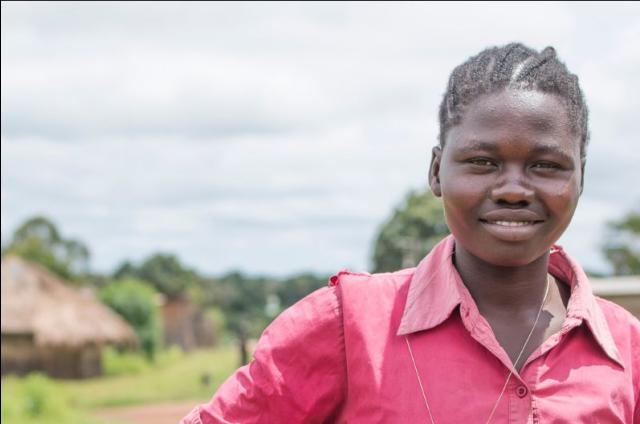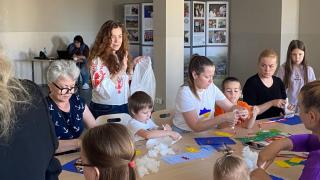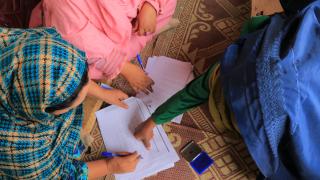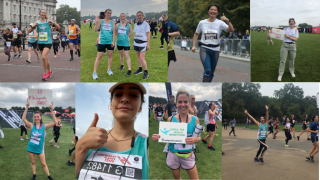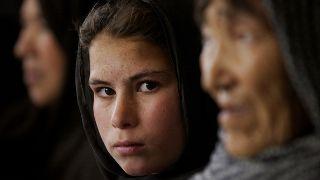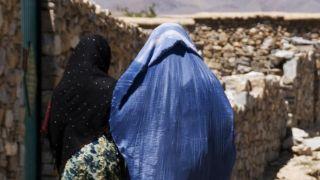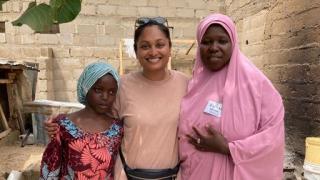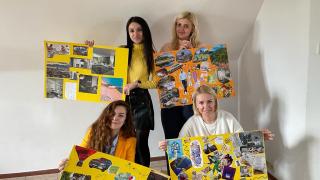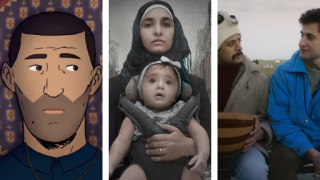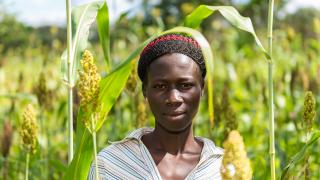From Conflict to Collaboration: A Couple's Transformation
From Conflict to Collaboration: A Couple's Transformation
The journey of two graduates of our programme, Mawa and Jackline, finding peace through our programme
Mawa and Jackline have been married for six years. They live in Wuluturu, Yei River County, South Sudan, with their two children. Their marriage was on the brink of collapse when they were enrolled in our Couples Connect Pilot Programme.
Today, Mawa shares that they now live together in harmony. Here is his story.
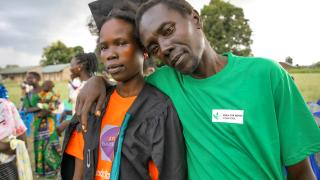
In my culture, being a man means being the head of the family. This title comes with responsibilities but also a lot of privileges.
As the head of my household, I was raised to be the sole provider and decision-maker. Everything I said or did was final. My wife wasn’t supposed to seek financial independence or earn a living; she was meant to stay home and take care of the family.
This belief shaped my expectations when I got married.
To my surprise and frustration, my wife was not the obedient woman I expected. She had a mind of her own and wanted to contribute financially. She would buy things for our home without my input, prepare meals with money I hadn’t given her, and even engage in small businesses and casual labour to make her own money. This independence didn't sit well with me. I was suspicious - where did she get the money? Why was she always away from home? Was she trying to compete with me or, worse, undermine my authority?
My suspicions turned to anger. I verbally insulted her and sometimes became violent. I threw away food she prepared with her own money and restricted her movements.
Our home became a battleground, and we became enemies living under the same roof.
One morning, my wife suggested we join the Couples Connect Programme with Women for Women International.
Initially, I was hesitant. But she mentioned that we might receive financial support if we attended together. Reluctantly, I agreed, motivated only by the prospect of money.
As we participated in the programme, something remarkable happened. We learned about teamwork, sharing responsibilities, effective communication, problem-solving and financial management.
Slowly, I began to understand and appreciate my wife’s efforts.
We started talking again, discussing business, farming and our children. I began supporting her business and we started working together. By the end of the programme, we received some capital, which we invested in her business.
Today, our lives are transformed. I can relax a little, knowing that I don’t have to shoulder every burden alone.
We are a team.
Recently, I developed an illness that affects my ability to walk or stand, making it difficult for me to work. My wife has become the primary breadwinner, contributing up to 70% of our family’s income. I now support her as best I can.
I am grateful to Women for Women International for this life-changing programme and for giving me another chance at love.
I am also grateful to my wife for being strong and persistent.
Without her, I don’t know how I would manage in my current condition.
To all women, I encourage you to support your husbands and not give up on your families. And to the men, I hope you learn from my experience: support your wives, and if you can’t support them, at least don’t stand in their way.
keep reading
Women for Women International CEO, Laurie Adams, reflects on her visit to Poland to see how the survivors of the Russian invasion on Ukraine are able to maintain hope amidst chaos.
Afghanistan: We're Here To Stay
subtitle:
One year into the humanitarian and economic crisis in Afghanistan and the situation continues to worsen. Read about how we at Women for Women International are supporting our Afghan sisters.
Top 5 Fundraising Tips
subtitle:
Fundraising can be daunting if you have never done it before - but it is easier than you think! Here are our top five tips for a successful fundraiser.
In the past 12 months, we have seen women's rights in Afghanisan roll back - and they continue to be restricted more and more.
Hear from Afghan women
subtitle:
We've compiled a list of books, blogs, podcasts, (and more!) so you can hear directly from Afghan women and learn about their inspirational and courageous stories.
Summer Reading List 2022
subtitle:
This summer, get inspired by stories of resilience and courage of women by delving into our reading list.
In Afghanistan, women will have to wear a burqa in public. While the Taliban promised a moderate government when they took power again in 2021, more and more freedoms for women are now being curtailed.
Reflections from our visit to Nigeria
subtitle:
In June 2022, two members of our UK team, Preeya and Deetza, visited Nigeria to see our programme in action and hear from the women we serve. Read about their experience and the inspiring women they met there.
The lives of millions of people from Ukraine have been shattered by the Russian invasion - but thanks to the healing power of art therapy, women still have hope.
As the global refugee crisis has reaches a record high, it is crucial now more than ever to understand the obstacles facing refugees. This World Refugee Week, we have put together a list of seven must-see movies that provide an insight into the refugee experience and their powerful stories of survival.
As millions in Ukraine are forced to flee their homes, we must not forget about people in countries such as Afghanistan, South Sudan and Iraq who are also dealing with the effects of the war. Read about how the war in Ukraine is contributing to global hunger and leaving millions on the brink of starvation.
Marianne Kajokaya is our Country Director in South Sudan. In this blog, she shares how the war in Ukraine is affecting women in some of the world's poorest communities where we work in South Sudan.

